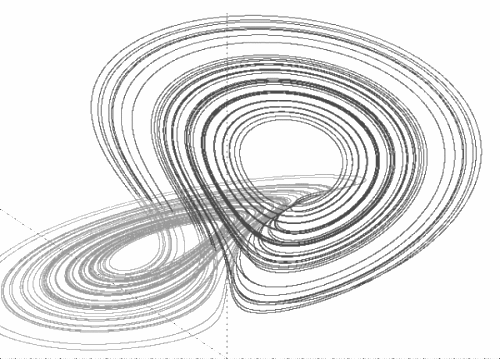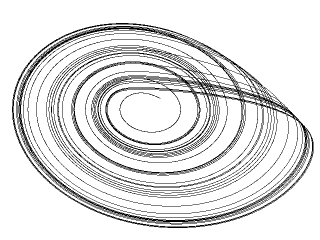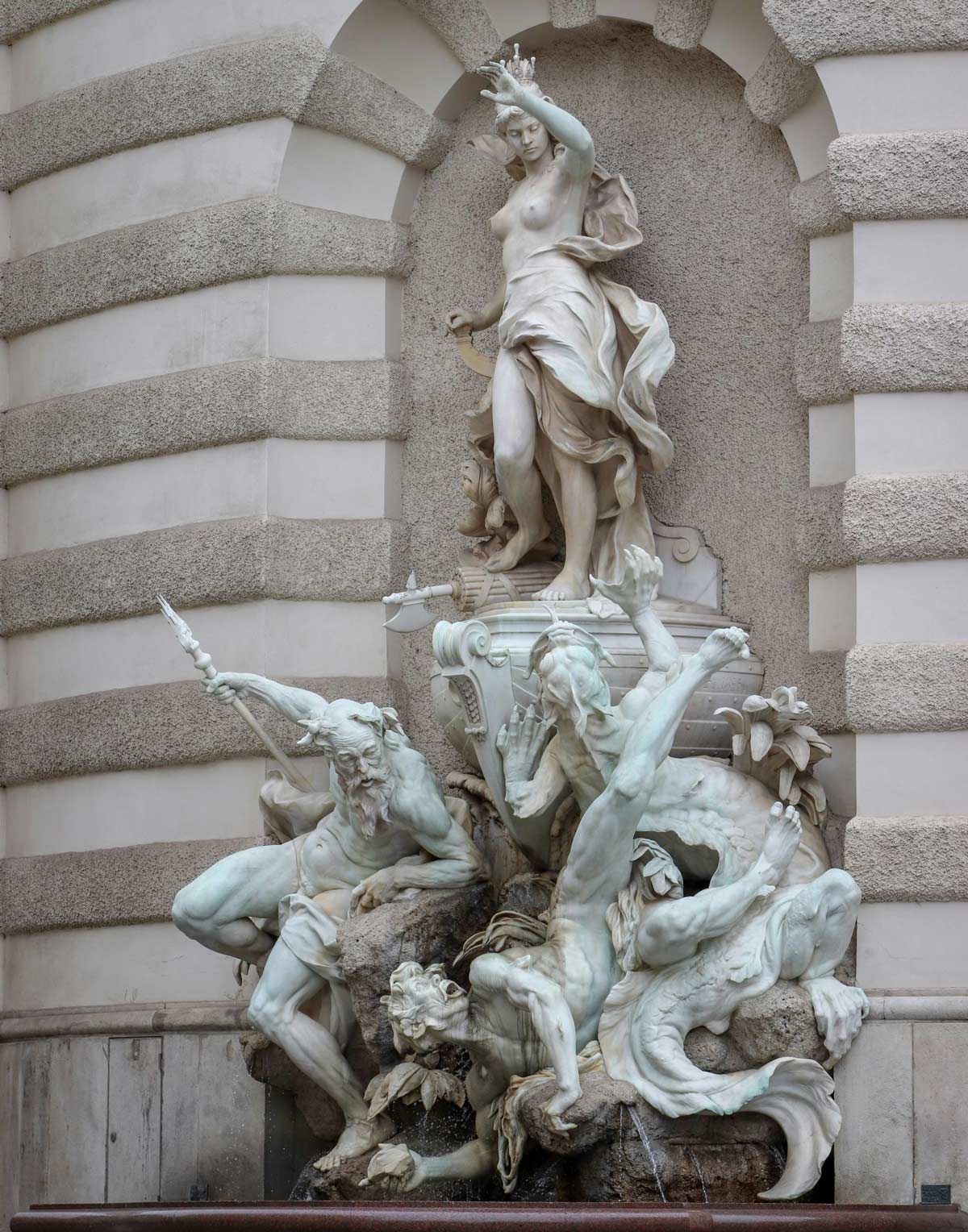[This essay is an expansion of a thought I originally wrote as an answer on Quora]
There is a notion, a myth enshrined in a great deal of Western philosophy, that as time goes on, societies move ever further from superstition and ignorance, and ever closer to Truth.
It is, like many social myths, complete nonsense.
In fact, societies swing to and fro, sometimes moving closer to the truth, sometimes further away.
The way I model this in my head is that truth is a strange attractor, and societies loop and whirl around it in complex ways that are extremely hard to predict and vary depending on how the society formed.
Pretty much exactly like this:


These are strange attractors—mathematical functions that loop and swirl around a point, sometimes moving closer, sometimes farther away, twisting and curling as though drawn to it without ever entirely reaching it. They never repeat, they never settle down into a stable orbit.
This is, I think what human societies do. Every society has its collection of myths and legends, things it wants to believe about itself whatever the reality might be, and its own unique monomyth. These things influence the trajectory a society takes through social space, tugging it this way and that, whatever empirical fact or philosophical truth might be.
This means you could, for example, take snapshots of a society’s history, like paragraphs out of the society’s history books, and treat the pile of snapshots like a Poincaré map of that society’s eccentric orbit around the truth. And what you’d find would be something like a Philosophical Strange Attractor, a chaotic churning orbit about the truth, full of twists and turns, always tugged in the direction of truth but never settling there.
People like to talk about history as a swinging pendulum, but I don’t think that’s a good model. A pendulum retraces the same arc over and over. Societies may progress or regress, may seek to explore new ideas or retreat into history and tradition, but they never really repeat the same path twice. Even when those who long for some imagined idyllic past gain power, they never really quite reach it. Societies, like people, never set foot in the same river twice.

Image: Rodrigo Curi
Every society has its mythologies. Mythologies are necessary for social identity, they’re always going to be there. Mythologies weld disparate people into something like a more or less cohesive whole, forming an overarching sense of identity that (ideally) takes the place of family or tribal identity. Without that overarching identity, you don’t have Rome, you have a bunch of squabbling families and tribes who don’t much like each other. (Even with a foundational mythology, you still have that, of course, but the overarching mythology helps create glue that aggregates all those disparate elements.)
A foundational myth creates identity—the way people see themselves. And identity distorts and shapes the way we see the world.
But the thing about that myth is it is, in any objective, empirical sense, not true. And subtle variations in a society’s founding myth, like subtle differences in the start condition of a chaotic system, have huge effects on that society’s chaotic path around the attractor of Truth.
So no. No, the moral arc of society doesn’t always bend int he direction of truth, or justice, or any of those other wonderful philosophical ideas. It may follow a chaotic orbit around these things, but it is not inevitable that if you wait long enough a society will necessarily arrive at Truth, or Justice, or Enlightenment. If you want to get there, it’s your job, and will always be your job, to work to make it happen.

For at least a while, I’ve been uncomfortable with the quote, “The arc of the moral universe is long, but it bends toward justice.” I’d like it to be true, but there are things that make me doubt it. I like what you said, “it’s your job.” That’s a hopeful statement I can believe in. I feel like I’ve been working my whole life to make the world a better place, with varying degrees of success.
I won’t say that it bends towards truth & justice. But I am fairly convinced that the dynamics & incentives of society do tend to bend it toward a sort of nebulous “improvement”.
The orbit metaphor seems to me more like a generalization of the idea that perfection does not exist, which is true, but the orbit implies that we can’t achieve a stable state which is closer to perfection, which i disagree with.